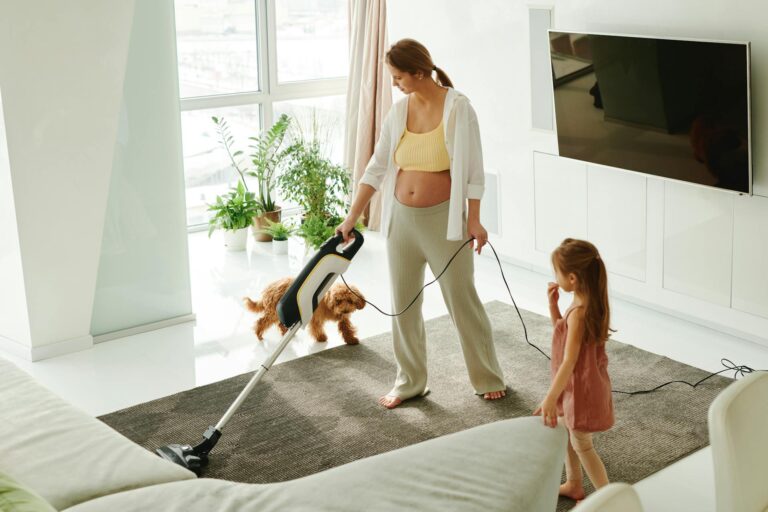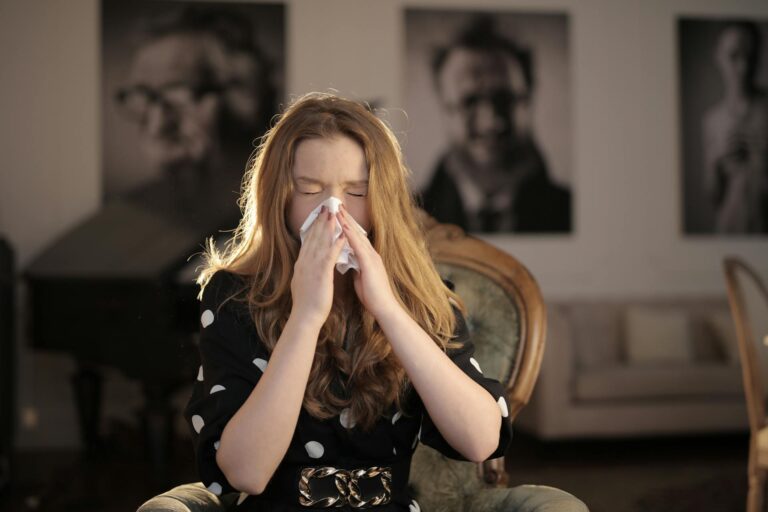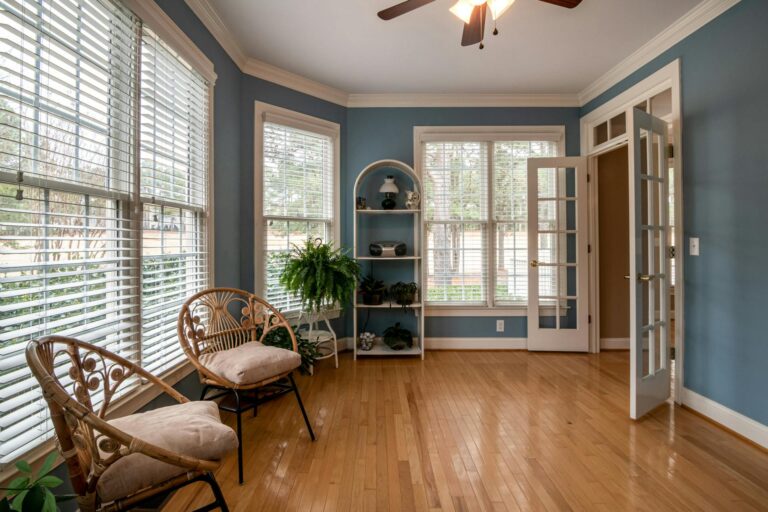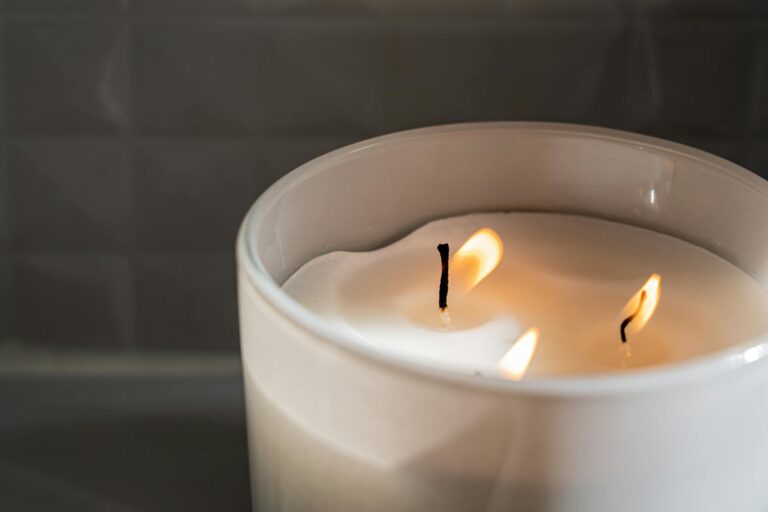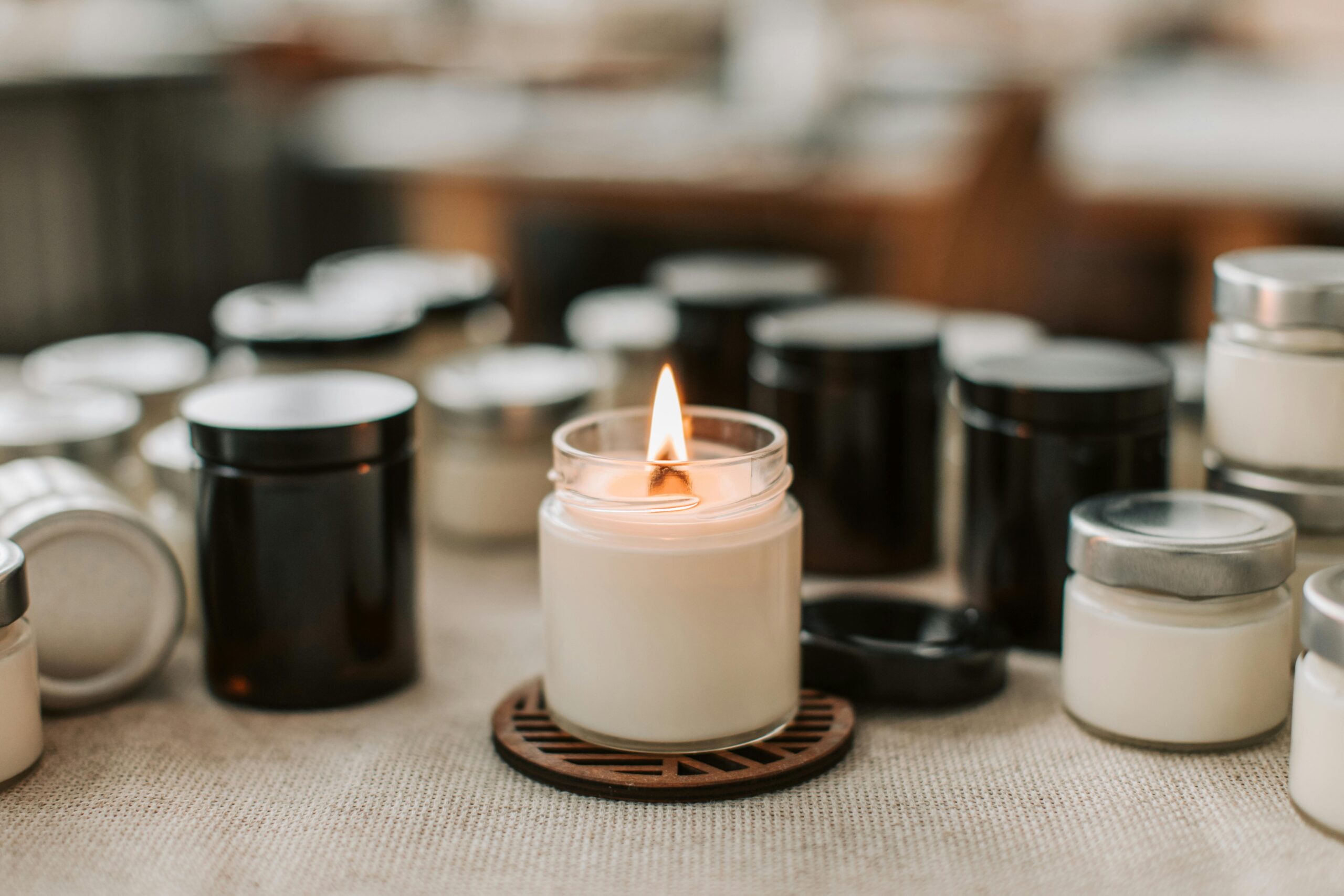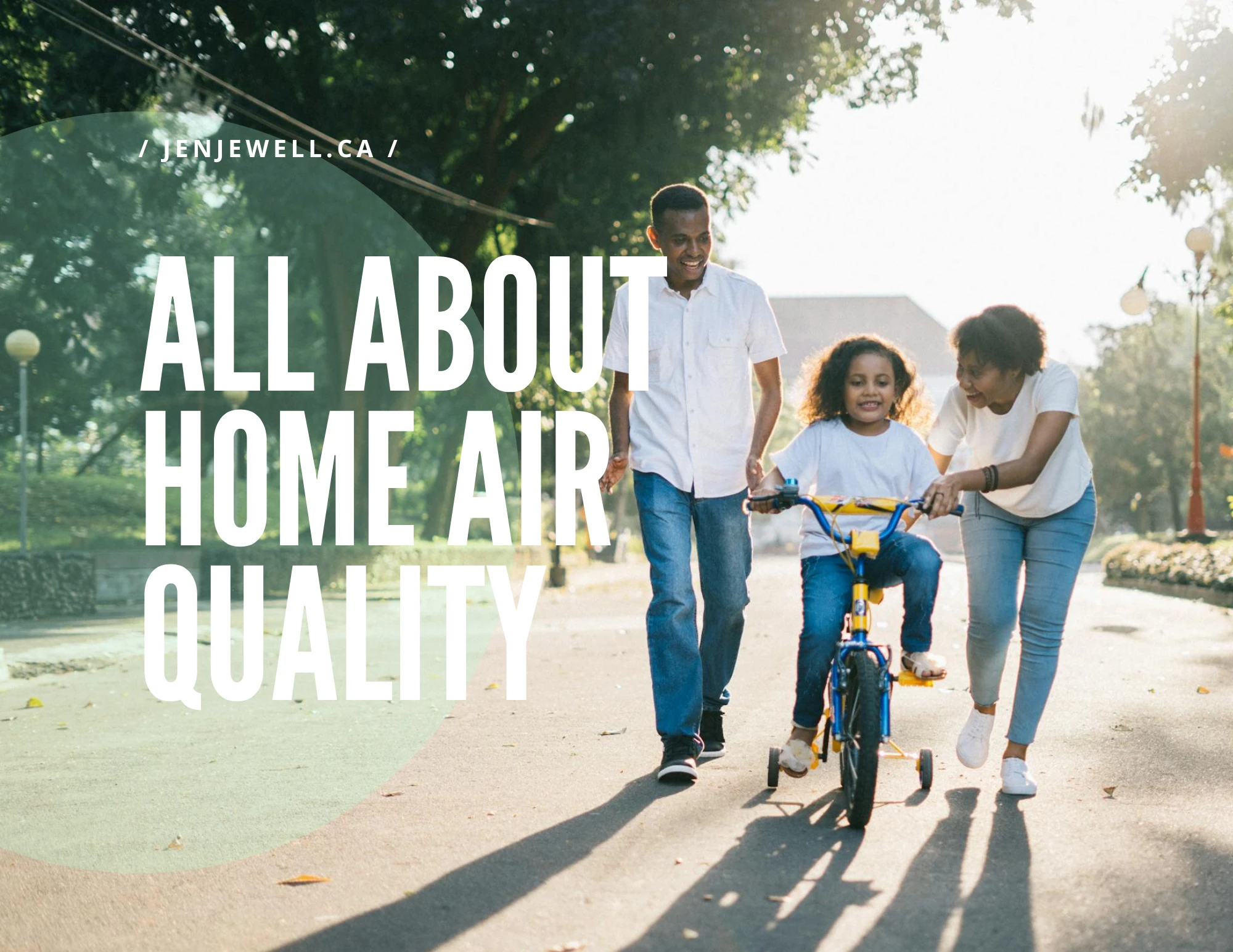

Breathing Easy: Your Guide to Healthy Indoor Air
The air we breathe inside our homes significantly impacts our health and well-being. While we often focus on the structural aspects of a property, the unseen elements, such as air quality, play a crucial role in creating a comfortable and healthy living environment. This article explores key aspects of home air quality, empowering you to make informed decisions about your living space. Understanding these factors contributes significantly to improving your overall health and the value of your property.
Common Indoor Air Pollutants
Many factors contribute to poor indoor air quality. We frequently encounter contaminants unseen by the naked eye. Understanding these pollutants allows for targeted solutions to improve air quality. These pollutants often originate from various sources within the home itself.
Volatile Organic Compounds (VOCs):
VOCs emanate from paints, cleaning products, furniture, and building materials. These chemicals can cause eye, nose, and throat irritation, headaches, and in some cases, more serious health problems. Regular airing of the home can help minimise these.
Dust Mites:
These microscopic creatures thrive in humid environments, particularly in bedding and carpets. They contribute to allergic reactions and respiratory issues. Frequent cleaning and use of allergen-reducing bedding materials prove beneficial.
Pet Dander:
Pet dander, composed of skin cells and saliva, can trigger allergies and asthma in sensitive individuals. Regular vacuuming, particularly with a HEPA filter vacuum, effectively reduces dander levels.
Mold and Mildew:
Mold and mildew grow in damp areas, releasing spores that can worsen respiratory conditions. Promptly addressing moisture problems, such as leaks and poor ventilation, is important to prevent growth.
Radon:
Radon is a radioactive gas that seeps into homes from the ground. It’s a significant health concern, as prolonged exposure can increase the risk of lung cancer. Testing for radon is recommended, especially in older homes, and mitigation strategies are available.
Click here for more information on Orangeville realtors
Related Article: How to Improve Air Quality in a House?
Related Article: How to Purify Air in a House?
The Importance of Air Quality Testing
While preventative measures are essential, professional air quality testing provides a comprehensive assessment of your home’s air. This testing reveals unseen contaminants that might affect your family’s health. These tests allow for effective solutions, targeted precisely to your home’s unique air quality needs.
Professional testing identifies specific pollutants and their concentrations, guiding you towards appropriate remediation strategies. This scientific approach ensures a more targeted and effective approach to improving air quality.
Related Article: What are the Symptoms of Poor Air Quality in Your Home?
Related Article: How Do I Check the Air Quality in My Home?
Related Article: How to Fix Poor Air Quality in House?
Understanding Air Quality Legislation
While specific building codes and regulations vary, understanding relevant legislation regarding indoor air quality is essential. These regulations often relate to new construction or major renovations. Familiarising yourself with these regulations is crucial to ensuring compliance and protecting your family’s health within your home.
Consult local building codes and regulations for specifics on requirements regarding ventilation, materials, and air quality. Keeping abreast of these regulations will ensure a healthy living environment.
The Value of Healthy Indoor Air in Real Estate
Improving your home’s air quality not only enhances your family’s well-being but also increases your property’s value. Buyers increasingly prioritize a healthy and comfortable living environment. Investing in air quality improvements contributes significantly to a higher sale price and faster sale times, representing a financially prudent approach when selling your home. These improvements prove increasingly valuable in the real estate market.
Conclusion
Prioritizing home air quality is an investment in both your health and your property’s value. By understanding common pollutants, implementing preventative measures, and considering professional testing, you can create a healthier and more comfortable living space for your family. Addressing air quality proactively enhances your well-being and the market appeal of your property.




